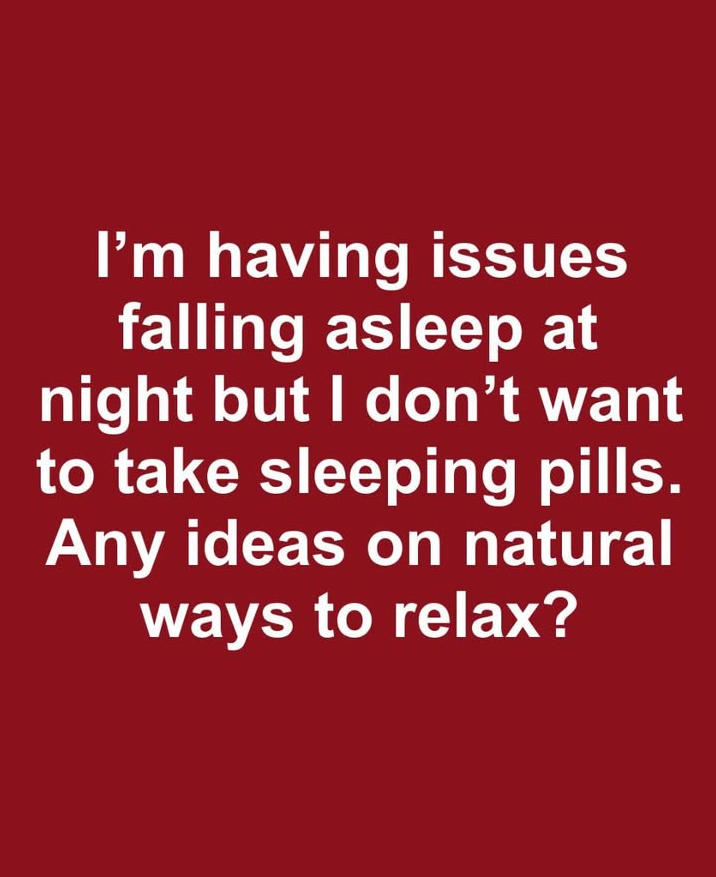
The Importance of a Good Night’s Sleep
Sleep isn’t just a pause in your day—it’s the body’s nightly tune-up. A solid night of rest repairs tissues, strengthens immunity, and sharpens your brainpower. Ever notice how your mood tanks or your focus slips after a poor night’s sleep? That’s your body signaling it’s running on empty. Chronic sleep deprivation doesn’t just make you groggy—it can increase your risk of heart disease, diabetes, weight gain, and mental health struggles. Getting quality sleep is like investing in your future health, one night at a time.
Identifying Common Causes of Sleep Issues
Before you can fix your sleep, you need to know what’s messing with it. Stress and anxiety are major culprits, but don’t overlook lifestyle habits. Irregular sleep schedules, late-night screen time, and caffeine or alcohol too close to bedtime can sabotage your rest. Medical conditions like sleep apnea or restless leg syndrome may also play a role. Identifying the root cause is crucial because a blanket solution rarely works—your sleep issues are unique, just like you.
The Risks of Relying on Sleeping Pills
Sure, popping a sleeping pill might seem like a quick fix, but it comes with serious downsides. Dependence, tolerance, and side effects like grogginess or memory issues are just the tip of the iceberg. Pills may mask symptoms without addressing the real problem. Natural alternatives—lifestyle adjustments, relaxation techniques, and herbal remedies—offer a safer, sustainable path to restful nights without the hidden risks.
Creating a Relaxing Sleep Environment
Your bedroom should be a sanctuary, not a stress zone. Keep it cool, dark, and quiet. Invest in a comfy mattress and pillows, and clear away clutter that mentally keeps you “on alert.” Blackout curtains, white noise machines, or even simple earplugs can make a world of difference. Think of your sleep environment as the stage—everything on it should support relaxation, not distraction.
Establishing a Consistent Sleep Routine
Consistency is your secret weapon. Going to bed and waking up at the same time every day trains your body’s internal clock, making falling asleep easier. A calming pre-sleep ritual—like reading, journaling, or taking a warm bath—signals to your brain that it’s time to shut down. Over time, your body will start anticipating rest like clockwork.
The Role of Diet and Nutrition in Sleep Quality
Food isn’t just fuel; it’s a sleep regulator. Heavy meals, caffeine, and alcohol near bedtime disrupt your rest, while sleep-friendly snacks like almonds, turkey, or chamomile tea can actually help you relax. Certain nutrients, like magnesium and tryptophan, naturally support your body’s ability to wind down. So, a mindful diet isn’t just healthy—it’s sleep-smart.
Video : Fix Your SLEEP NATURALLY: 10 Proven Tips Doctor Explains
Incorporating Physical Activity for Better Sleep
Exercise and sleep go hand in hand, but timing matters. Regular activity helps you fall asleep faster and enjoy deeper sleep. Aim for at least 30 minutes of moderate movement most days, but save intense workouts for earlier in the day—they can rev up your system instead of calming it. Yoga, stretching, or gentle evening walks are perfect for signaling your body that it’s time to rest.
Mindfulness and Meditation Techniques for Relaxation
A restless mind can keep you awake even when your body is ready to sleep. Mindfulness and meditation calm your thoughts and reduce anxiety. Guided meditations, breathing exercises, or body scans before bed help you release tension and prepare for restorative sleep. Even five minutes can make a noticeable difference.
The Benefits of Aromatherapy for Sleep
Scent can be a powerful sleep cue. Essential oils like lavender, chamomile, and sandalwood relax your nervous system and ease tension. Use a diffuser, add a few drops to a bath, or lightly dab diluted oils on your skin. Aromatherapy isn’t just pleasant—it’s a subtle nudge for your brain to slow down.
Exploring Herbal Remedies and Teas
Herbal teas and natural remedies have stood the test of time. Valerian root, passionflower, and chamomile are renowned for their calming effects. Sipping a warm cup before bed can become a nightly ritual, a gentle signal that it’s time to rest. Pair it with dim lighting and quiet surroundings, and you’ve got a mini sleep sanctuary in a mug.
The Impact of Technology on Sleep Patterns
Screens are sleep saboteurs. Blue light suppresses melatonin, your natural sleep hormone, making it harder to fall asleep. Try a digital curfew at least an hour before bed. Night mode, blue light filters, or swapping your phone for a book can help your brain shift gears from “alert” to “resting.”
Practicing Deep Breathing and Progressive Muscle Relaxation
Tension often hides in your body, and deep breathing can flush it out. Pairing slow, focused breaths with progressive muscle relaxation—systematically tensing and releasing each muscle group—relieves physical stress and signals your body to let go. It’s like hitting the reset button on both mind and body.
The Importance of Managing Stress and Anxiety
Stress isn’t just a daytime problem—it follows you into the night. Journaling, talking with a friend, or seeking professional support can help you unload mental clutter. By managing anxiety proactively, you make space for peaceful sleep, rather than letting worries hijack your nights.
Video : Sleep Better NATURALLY Without Medicine
Conclusion: Finding Your Natural Sleep Solution
Sleep is not a luxury; it’s a necessity. By combining lifestyle adjustments, relaxation techniques, and natural remedies, you can reclaim restful nights without relying on medication. Experiment, observe what works for you, and make sleep a priority in your self-care routine. When you honor your body’s need for rest, you not only feel better—your health, mood, and overall quality of life improve dramatically. Natural sleep solutions aren’t just about getting to bed—they’re about waking up refreshed, energized, and ready to live your best day.


